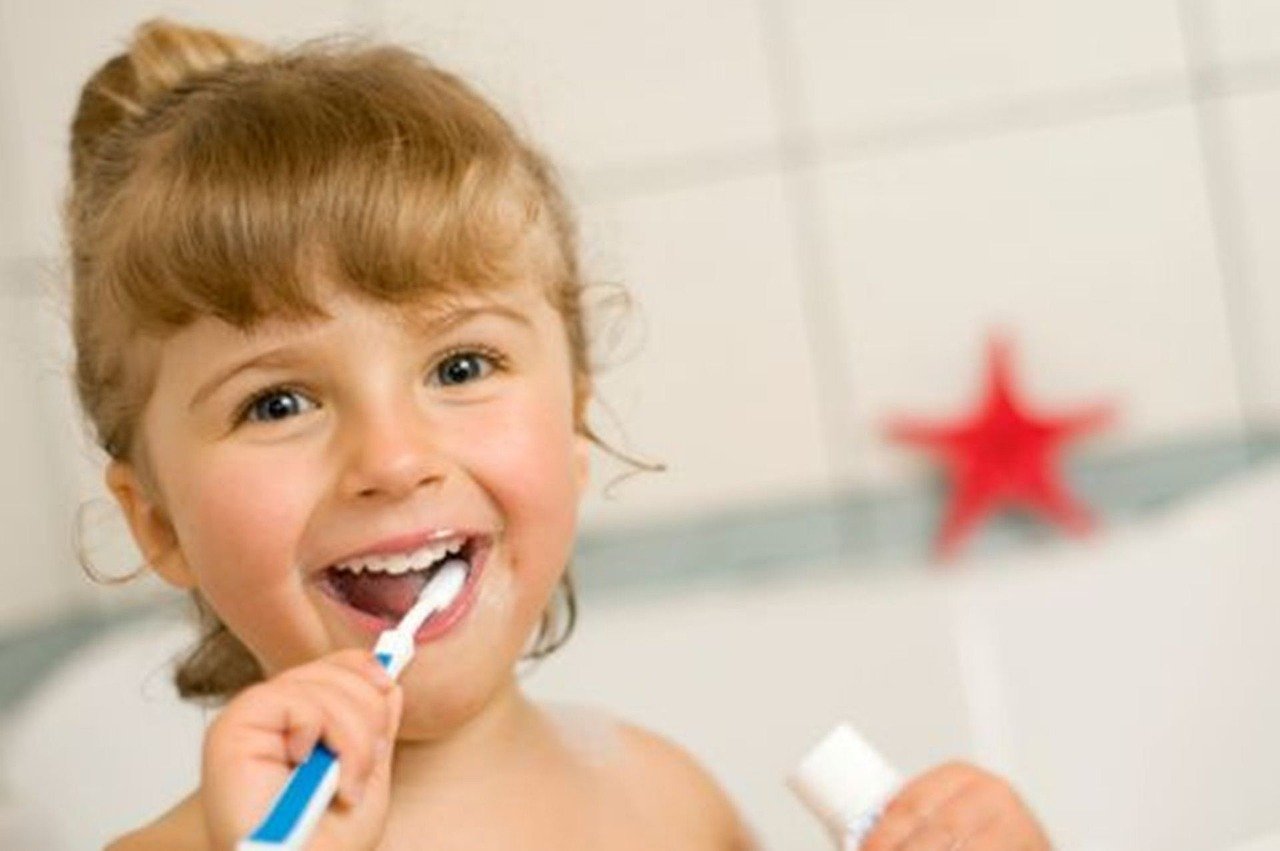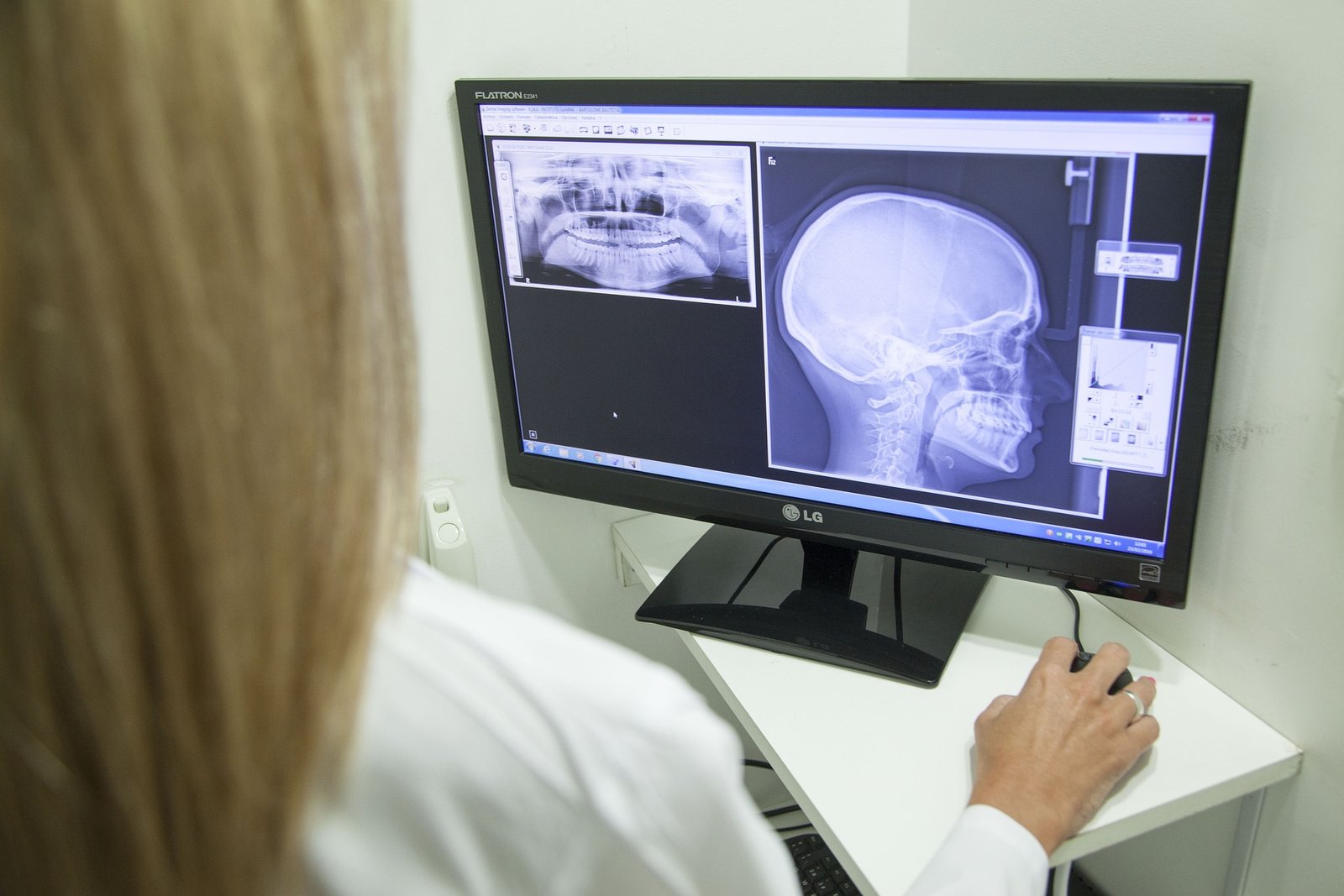Being healthy, both physically and mentally is the right of every child. It is the foundation for all the growth and development of your baby. Apart from the physical growth, the child’s cognitive development or the ability to think and react in every situation, social and emotional growth, and others is also equally important to the overall development of the baby.
Parents are always seen as concerned about their children, of which health is the most important factor. In addition to general physical health, oral health is also one of the most important aspects that every parent should take care of their child. It is said that our mouth is the mirror of our general health, so it is mandatory to keep it healthy to avoid the entry of bacteria or viruses into the blood circulation through the food bolus.
For children, tooth decay or dental caries is one of the most prevalent chronic diseases, according to the Centers for Disease Control and Prevention. In the United States, 23% of children aged 2 to 5 have cavities, 52% of children aged 6 to 8, and 57% of adolescents aged 12 to 19 have them. From 2015 to 2017, a total of 45.8% of children aged 2 to 19 had dental caries. Cavities that are left untreated can hurt and infect people, which can make it difficult to eat, speak, play, or learn. Children with poor oral health frequently miss more school and perform worse academically than other kids.
What Predisposes Children to Dental Cavities?
The enamel of the tooth is constantly being demineralized and remineralized as a result of a dynamic process that occurs at the tooth’s surface leading to dental caries or decay in the tooth. The balance between disease (demineralization) and health (remineralization) can be tipped by manipulating several variables that are involved in that dynamic process. Bacteria, sugar, saliva, and fluoride are some of the contributing elements to the development of tooth decay or dental caries.
Additionally, your child is at a higher risk of developing dental cavities in some of the following situations:
- Family members with older siblings, parents, or brothers and sisters have dental cavities.
- More often than not, between meals, kids consume large amounts of sugary foods and beverages like soda.
- Children require specialized medical care.
- Kids use oral appliances, orthodontics, or braces.
Good news for the parents
Fortunately, cavities that can be avoided must be good news for all parents. About one-third (33%) of primary (baby) tooth cavities can be avoided by using fluoride varnish. Fewer cavities will occur in children who use fluoride toothpaste every day. Also, children who live in areas where the tap water is fluoridated experience fewer cavities than children whose water is not fluoridated.
Fluoride affects the balance of caries in three key ways, i.e., by preventing demineralization at the tooth surface, enhancing remineralization which produces a more acid-resistant tooth surface, and inhibiting bacterial enzymes. Additionally, for a very long time, dental sealants can keep cavities away. The chewing surfaces of the back teeth can be sealed with dental sealants to reduce the risk of cavities by 80%.
Ways through which parents or caregivers can help in preventing dental cavities in their children
The steps of cleaning the mouth are slightly different for infants and toddlers and young children. In this blog, we have tried to differentiate and help young and new parents effectively manage the oral health of their children.
For Babies
- To remove bacteria and sugars that can cause cavities, babies’ gums should be cleaned at least twice a day, ideally just after the first feeding in the morning and just before bedtime at night.
- After the teeth have begun to erupt into the mouth, they should be cleaned with a gentle, small-bristled toothbrush and plain water.
- To help with early diagnosis of any dental or oral issues, the infant should see a dentist by the time he or she turns one.
- Check with your child’s dentist to see if any preventive measures or necessary treatments are needed.
For kids
- Parents ought to assist their children in brushing their teeth with fluoridated toothpaste at least twice daily.
- The children’s use of a pea-sized amount of toothpaste and thorough spitting out as opposed to swallowing should be monitored by the parents or the caregivers.
- Regularly visit the dentist, at least after every six months, with your kid and ask them to give your kid any necessary care.
- Make an effort to drink fluoridated tap water that is present in sufficient amounts.
A woman must take care of her mouth or oral health while she’s pregnant to manage and maintain good oral hygiene. She should use mouthwash and dental floss in addition to brushing at least twice a day. She should visit her dentist regularly to help her prevent the symptoms of nausea and vomiting since they may cause tooth erosion during the pregnancy phase.
Take away
To maintain a person’s overall health, oral health is very important. Infants and young children require extra attention to their oral hygiene because they are more likely to experience tooth pain and infection, which increases the risk of infection to the permanent dentition beneath. If necessary, parents and other caregivers should visit a dentist for professional assistance or actively participate in helping their children clean their mouths.






